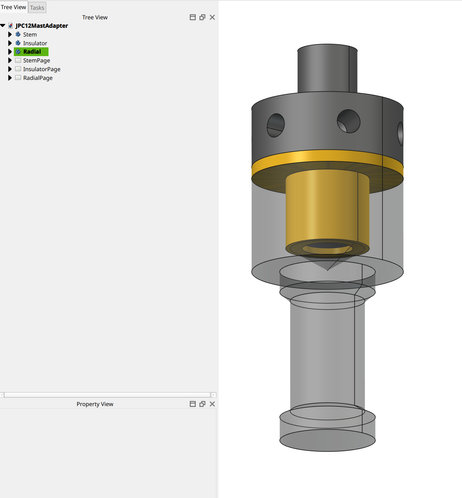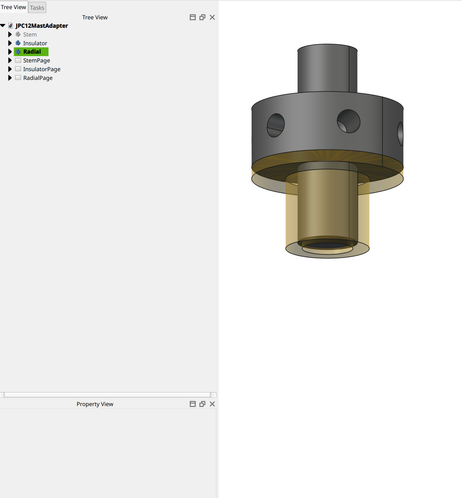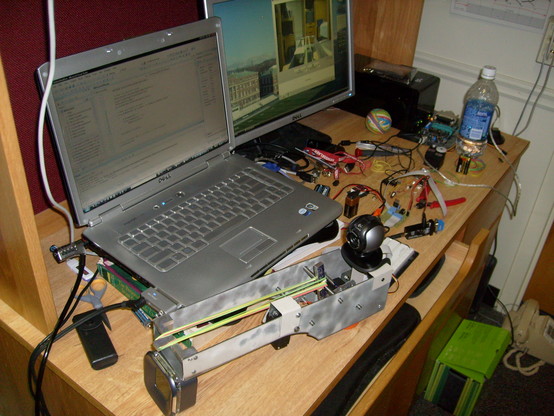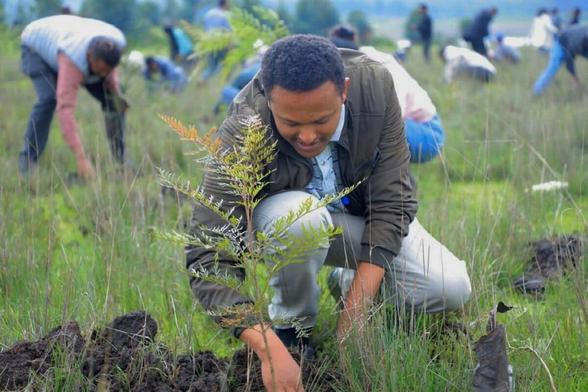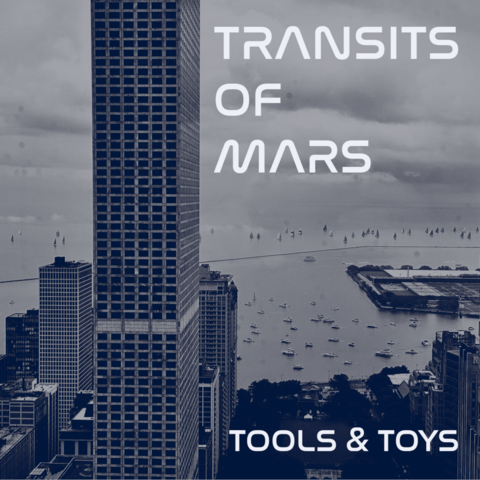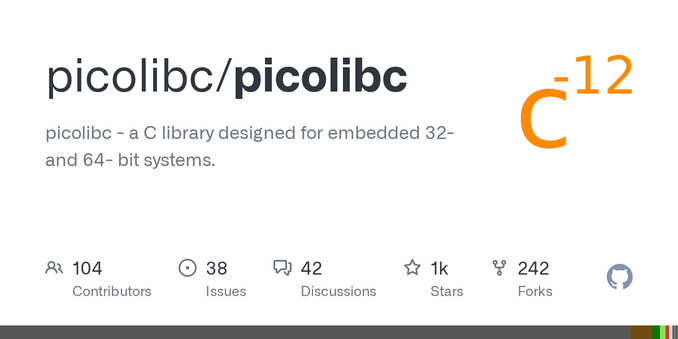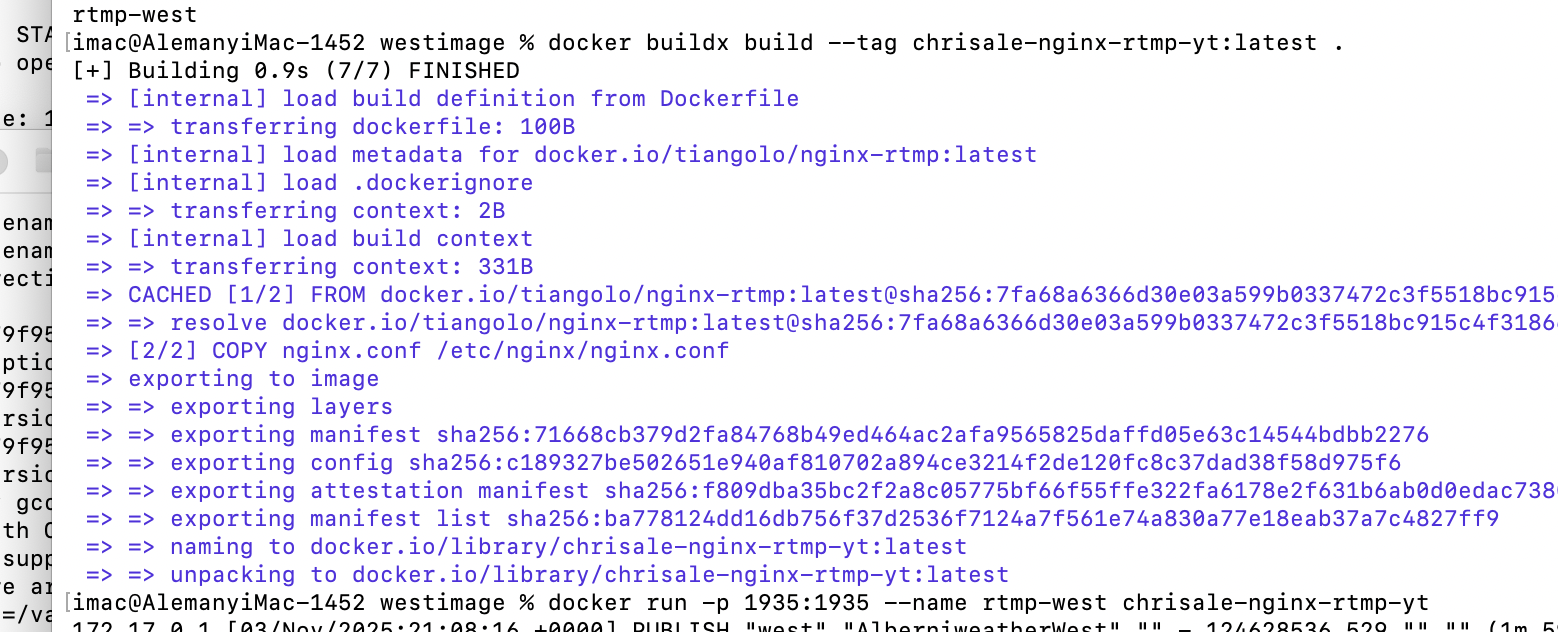Real conspiracies tend to come out, but some of them take a while. Information on the Iran/Contra scandal broke out about 5 years after the conspiracy started. That would have taken several hundred people to carry out, so it was somewhat hard to hide. Even so, they largely got away with it.
The moon landing conspiracy theory would have taken thousands of people, so it would have come out more quickly. Since we have an example of a real secret program of a similar scale as what would be required to fake a moon landing (that is, the Manhattan project), we know that the fake moon landing conspiracy theory is not true. (There's also the literally tons of evidence in the form of rocks and other samples, and all kinds of other ways to debunk the claim.)
Could Kash Patel's FBI have been trying really hard to entrap people into carrying out terrorist attacks in order to justify #Trump's occupation of DC? Could they have helped a guy plan an attack then just failed to arrest him? There are reasonable scenarios that fall in between malice and incompetence while still indicating some level of false flag.
Could someone have just snapped and ambushed some guardsmen without any involvement from the FBI? Yeah, totally. The US is a country full of guns with a completely non-functional mental health system. Someone coming from a country that the US destroyed, twice, could have a lot of untreated trauma. Might they see the national guard as a threat (even if that wasn't totally true)? Yeah, they were deployed to threaten people (even when they were just picking up trash). The point was to incite this kind of response. It's completely reasonable to believe that the FBI would not need to be involved at all, that this would just be the stochastic response they were looking for.
So the point here is that everything is on the table, nothing is really known, nothing should be surprising, and no matter what it's Trump's fault. This is exactly the escalation he was looking for. If he didn't get it naturally, he would also have had ways of making it happen.
He will use this in exactly the same way as the Reichstag fire, to drive a wedge between liberals and radicals. Don't fall for it.
Edit:
There are plausible reasons to not believe the official narrative at all right now, or maybe ever. The official narrative is also plausible, but there are plausible reasons to disagree with the response even if the official story is true. It is unnecessary to resort to conspiracy thinking in order to account for what happened and to disagree with the response. But it is also understandable why someone might jump immediately to a conspiracy given the circumstances.














